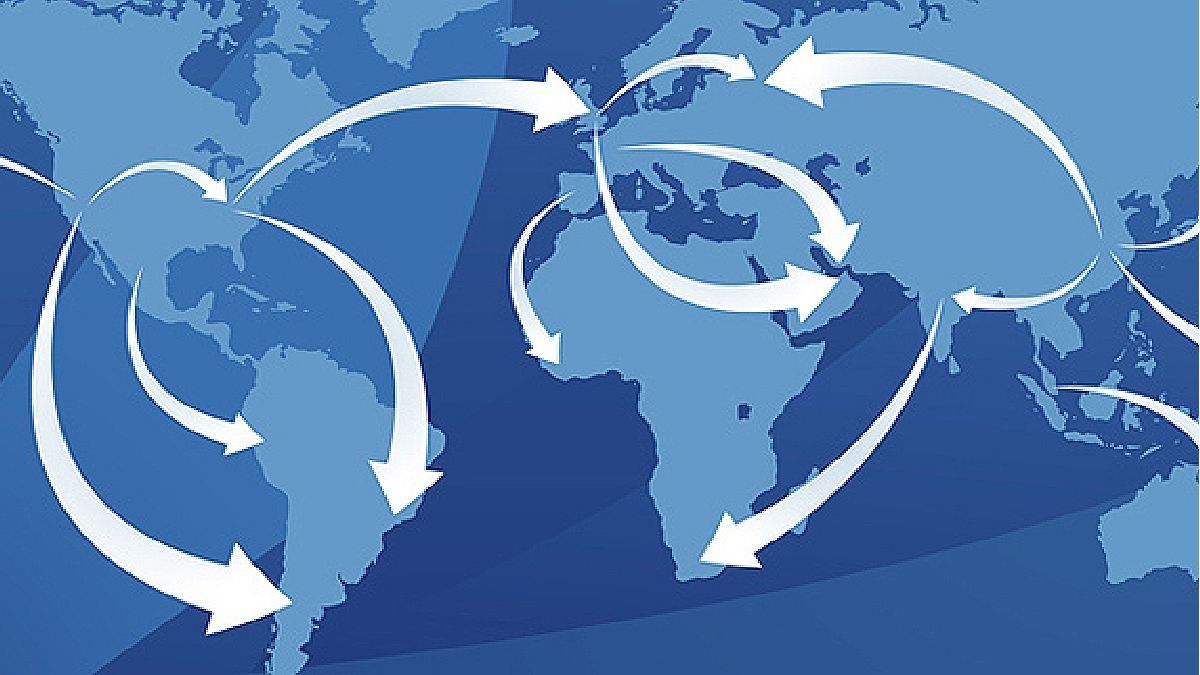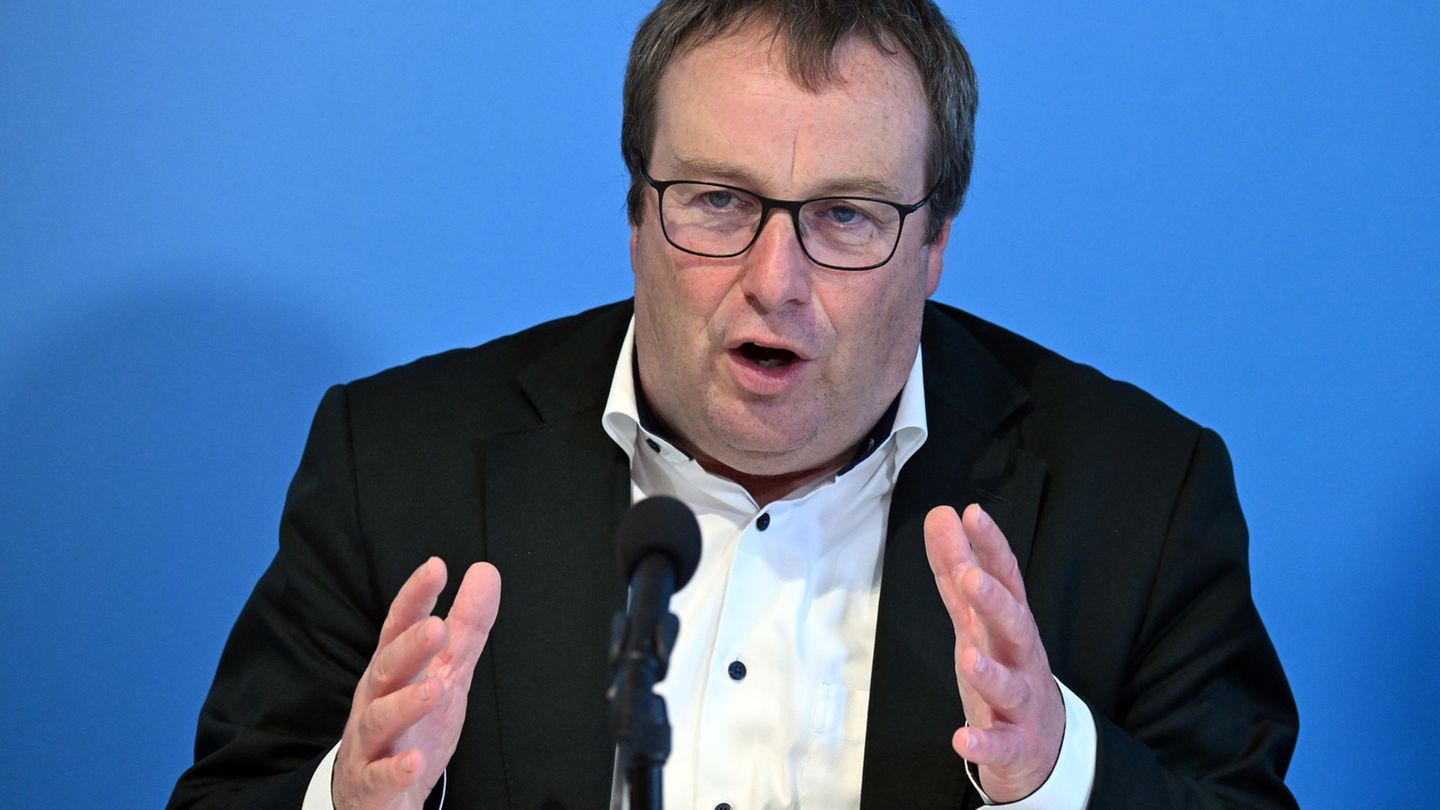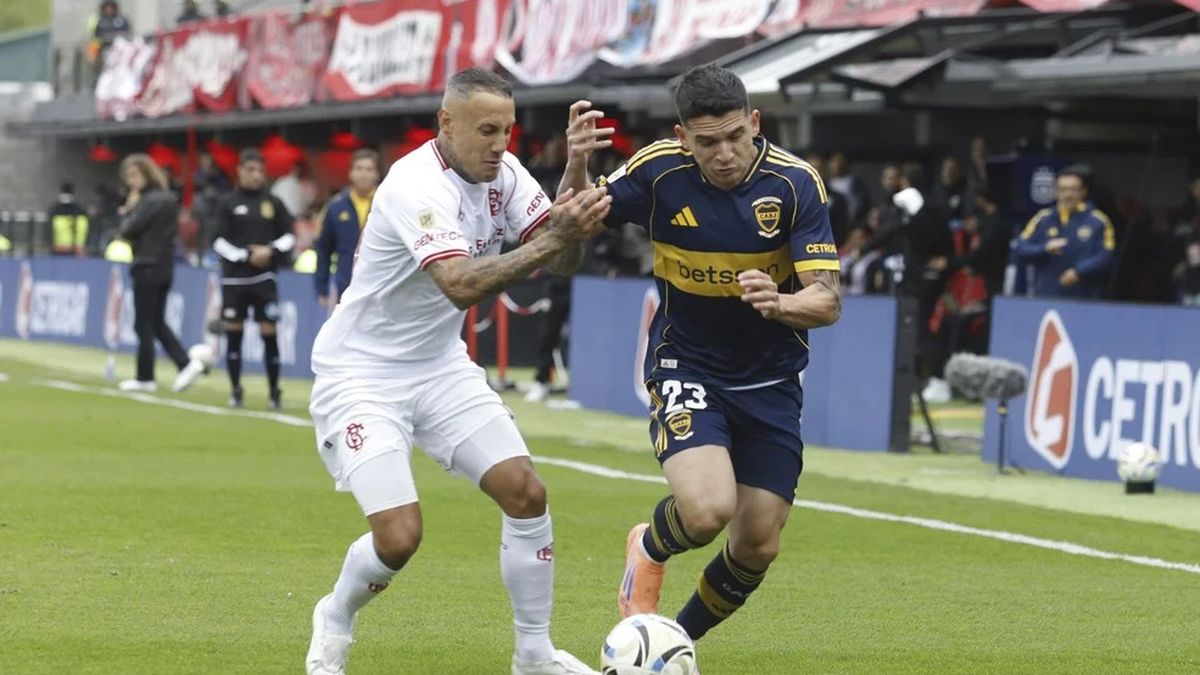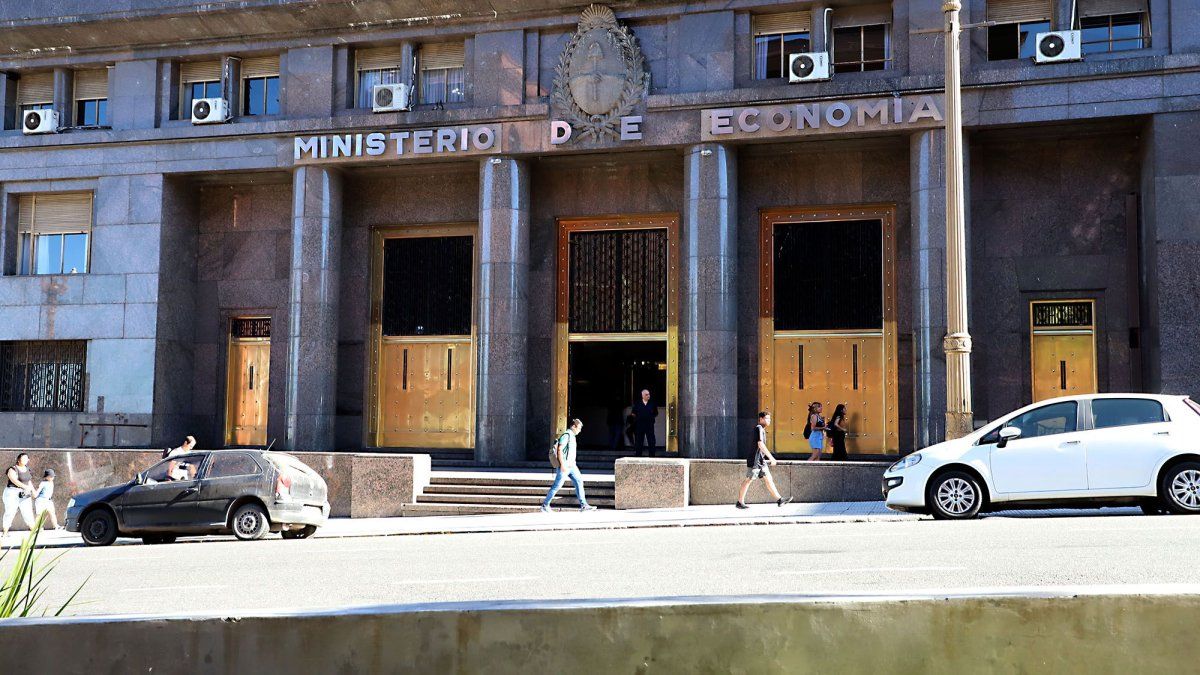- The conflict between Russia and Ukraine has created significant market volatility as investors price in the uncertainty of a significant geopolitical risk premium. Inflation has spiked in oil and commodities as Russia is a key player in some markets.
- Innovation by Russian companies could stall as a result of the action and investors could overlook company fundamentals and focus on geopolitical risk. The restriction of Russia’s access to capital through the debt and foreign exchange markets could also create new obstacles for these markets.
- Uncertainty prevails and market volatility and weakness are likely to continue until we have clarity on sanctions, at the very least.
What has happened so far?
At the time of writing this article, on Thursday, February 24, tensions in Ukraine have increased with Russian military action in parts of Ukraine. This came after President Putin recognized the two self-proclaimed breakaway regions in eastern Ukraine and formally moved Russian troops into these disputed regions. Explosions have been recorded in several cities in Ukraine and key infrastructures (such as the Kiev airport in Boryspil) have been bombed. To this escalation, NATO and its allies are reported to have responded with a threat of more far-reaching sanctions. After helping Belarus to stop the protests, Russia now speaks of the “State of the Union” and it can be assumed that a Ukrainian absorption would join this “State of the Union”. The conflict with Ukraine could be the biggest in Europe since World War II.
Oil and commodity prices skyrocket
Russia is a key player in oil and natural gas, so energy prices are experiencing upward pressure. Brent crude prices exceeded $100 a barrel for the first time since 2014 on February 24. It could be that OPEC+ – which includes Russia – becomes stronger and permanent. We should expect medium-term energy prices to be higher than previously estimated as OPEC+ discipline will be more credible. The path to peak oil will be more expensive for energy consumers in this transition.
WHEAT.jpg
pixabay
There is also upward pressure on raw materials, as Russia is a major supplier of nickel (electric vehicle batteries and stainless steel), palladium (catalytic converters), titanium (modern aircraft and military applications) and many other esoteric elements of the periodic table. The duration of this movement of raw materials will depend on the severity of the sanctions imposed by the West and the reaction of Russia. Inflation, which is actually a tax paid by consumers to producers like the Persian Gulf countries and Russia, is likely to rise. As growth slows and inflation peaks, stagflation is a risk that could complicate the move of global central banks to tighten, as well as being a headwind for risky assets.
And the relations between Russia and China?
The reaction of Western countries to the situation in Ukraine could be of interest to China, given the country’s own situation with Taiwan. In the past, Russia has been reluctant to get too close to China, fearing Chinese aspirations in the still undeveloped Far East and Eastern Siberia, and the relative imbalance of economic power (the Chinese economy is about 10 times greater).1 However, relations between Russia and China seem to have improved. This can be attributed to some common points in the ideologies, such as being more assertive towards the West and the prevailing international order. China, not the IMF, is already the “lender of last resort” to certain countries and the resulting bipolar world could put an end to globalization as we know it.
jinping putin.jpg

Xi Jinping and Vladimir Putin.
AFP
The rise of techno-nationalism – which links innovation and technological capabilities directly to a nation’s agenda – also looks set to increase. We have already seen that a mobile gaming company has been banned in India due to the minority stake of a Chinese company in the company. The United States has already restricted investment and exports to certain Chinese companies 2.
What are the broader implications of investing in debt and equity?
As a result of the escalation of the conflict, despite international pressure, Russia could become more isolated, with reduced access to Western know-how, technology and capital. Some funding restrictions have already been imposed on Russia; The US banned participation in the secondary market for Russian government bonds issued after March 1. The valuation discount on Russian equities, of around 30% or more, compared to the rest of emerging markets (reflecting political governance risks), could increase as the available investor base shrinks. .
The country could intensify rent-seeking – an effort to increase its own share of existing wealth without creating new wealth – as hopes that innovation will improve economic prospects fade. Innovation and evolution in the Russian digital space could stall. India is experiencing a boom in business models across all digital verticals funded by domestic, multinational and public/private equity investors; this will not be the future of Russia. Well-funded and cash-flowing Russian incumbents will grow stronger while less resilient competitors wither. Equity markets, in our opinion, will overlook these fundamentals given the geopolitical risk.
Dollars light debt tunnel at the end.jpg

Courtesy: https://windykacja-info.pl/
We have already seen volatility and weakness as investors digest the news; trading in most risk assets today (Thursday Feb 24) has virtually ground to a halt, as is usual when the first major geopolitical events occur. The sanctions imposed so far have been fairly light in terms of limited impact on financial markets. Although we don’t yet know what the new sanctions will be, Western countries have hinted that they will probably try to stop Russia from trading in the foreign exchange markets, making debt servicing very difficult. In addition, there is likely to be a broader ban on secondary trading of Russian debt, both corporate and sovereign, as occurred with the debt of certain entities after the annexation of Crimea in 2014. The weakness in the financial markets is likely to persist until we are clear on sanctions, at the very least. Until then, it is hard to fathom what the next few weeks may hold on the geopolitical front.
1. Source: IMF, GDP at current prices (billions of dollars), 2022.
2. The Entity List is a tool used by the US Department of Commerce to restrict the export of certain sensitive technologies and components to organizations that engage in activities that threaten US national security or foreign policy interests. .USA
Source: Ambito
David William is a talented author who has made a name for himself in the world of writing. He is a professional author who writes on a wide range of topics, from general interest to opinion news. David is currently working as a writer at 24 hours worlds where he brings his unique perspective and in-depth research to his articles, making them both informative and engaging.




